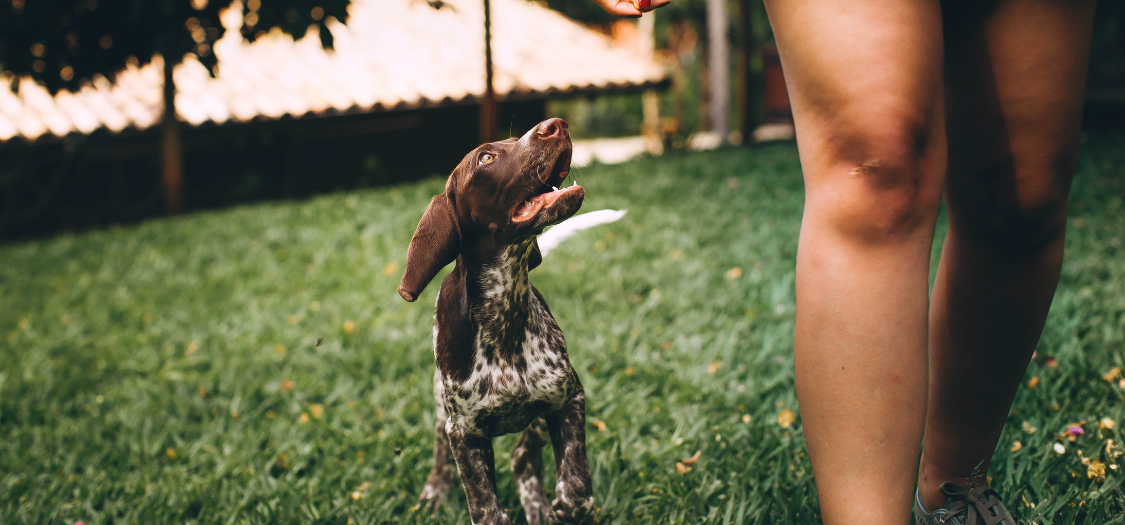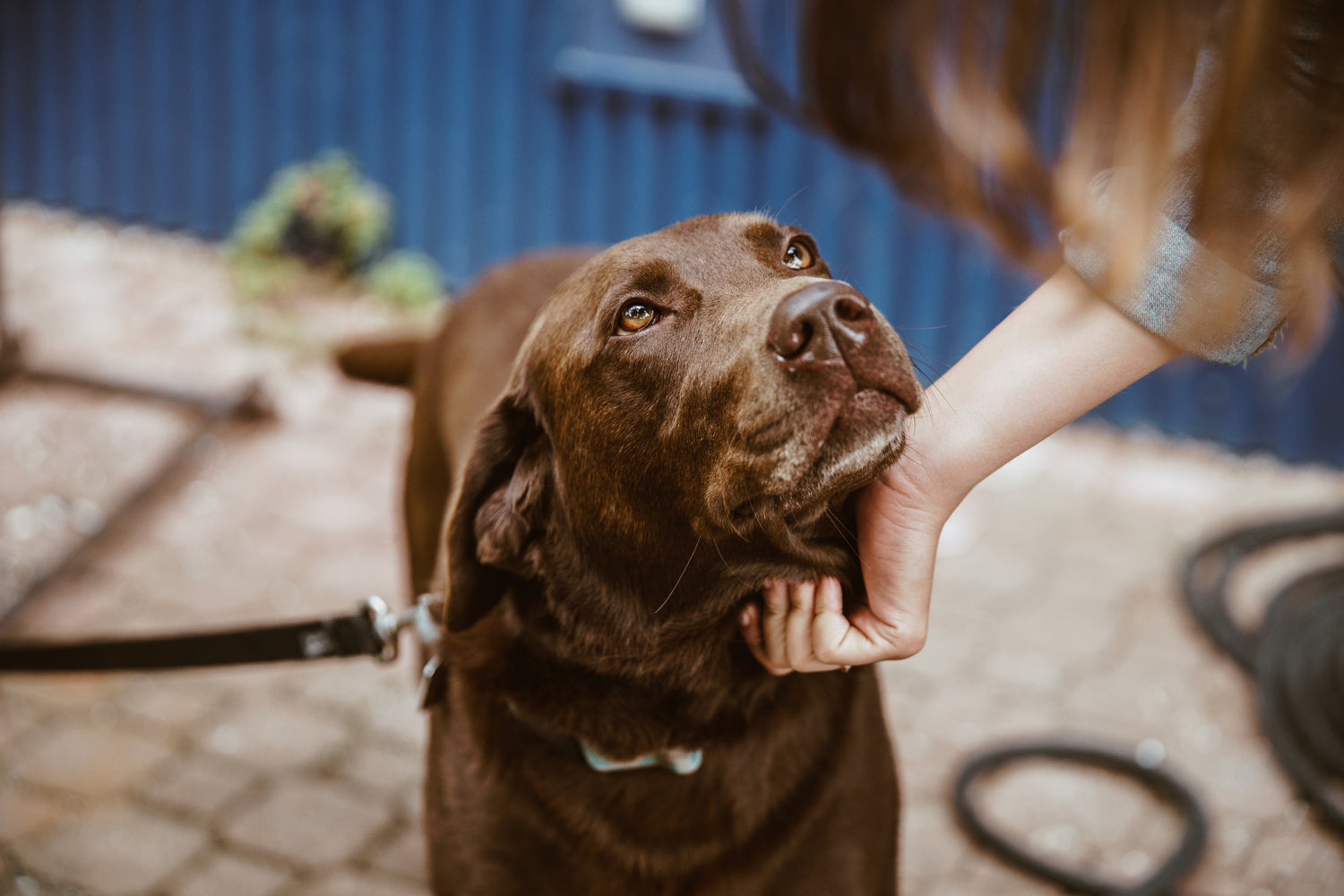Common Signs of A Grass Allergy?
What are the

If your dog’s been diagnosed with a grass allergy and is suffering from it, there are various approaches to making them feel more comfortable. Generally, treatment isn’t given to cure grass allergies.
Read more about Grass Allergies for Dogs - Causes, Prevention and How to Help at Home: https://zoomadog.co.uk/collections/dog-grass-allergies
Find creams to help with grass allergies here https://zoomadog.co.uk/products/170-dermagic-skin-rescue-lotion
What are the
Are Certain Dog Breeds More Prone to Grass Allergies Than Others?
Do Grass Allergies Affect Dogs Year-Round, Or Are They Seasonal?
What Should I Do?
What Should I Do?

We can help find the right solution for your dog
Feel free to give us a call on 01730 622544
or email us at woof@zoomadog.co.uk
Leave a comment